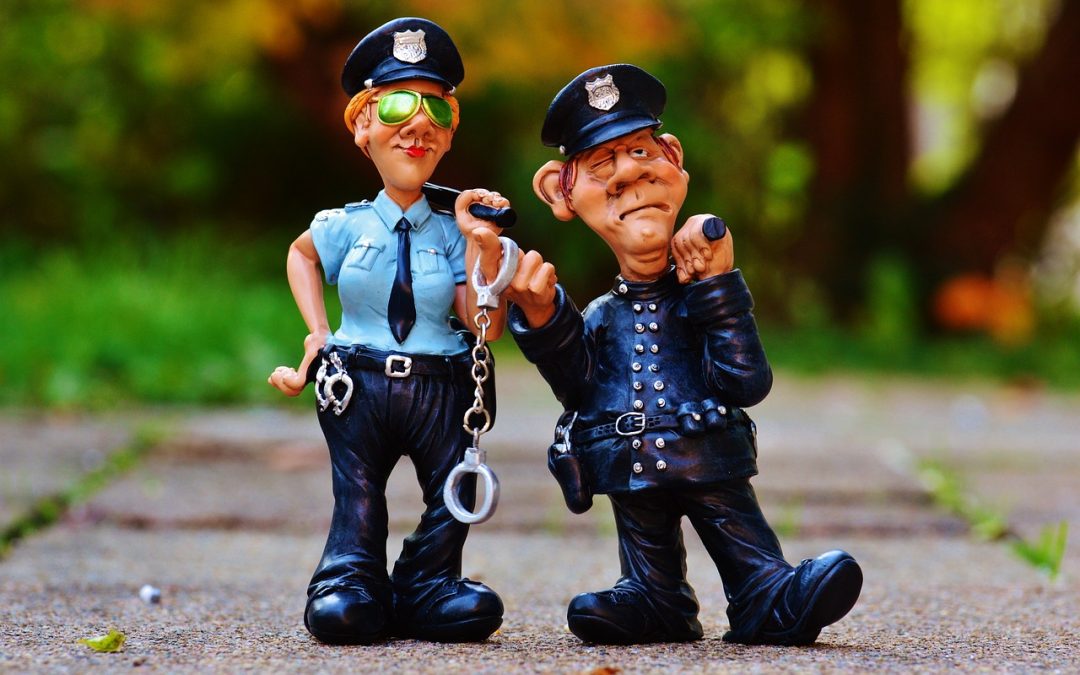Interactions with law enforcement can be stressful and intimidating, but it’s essential to remember that you have rights and options. If you feel that your rights have been violated during a police encounter, you may be wondering if you can take legal action. The answer is yes, but it’s crucial to understand the circumstances and procedures involved.
Know Your Rights During a Stop
A police officer may stop you if they have reasonable suspicion that you’re involved in criminal activity. During this stop, you have the right to remain silent and to ask if you’re free to leave. If the officer detains you further, they must establish probable cause to arrest you. Remember that you don’t have to answer questions or provide information beyond identifying yourself, and you have the right to request an attorney.
When Can You Sue the Police?
A lawsuit against the police is usually based on claims of excessive force, false arrest, or malicious prosecution. To sue, you’ll need to show that the officer’s actions were unreasonable and violated your constitutional rights. For example, if you were subjected to an unreasonable search or seizure in violation of the Fourth Amendment, you may have a valid claim. Similarly, if you were arrested without probable cause, you may be able to file a lawsuit for false arrest.
Practical Tips for Interacting with the Police
- Stay calm and respectful during the interaction. Avoid arguing or being confrontational.
- Clearly assert your rights, such as asking if you’re free to leave or requesting an attorney.
- Remember that you’re not required to answer questions or provide information beyond identifying yourself.
- Avoid physical contact or resisting arrest, as this can escalate the situation.
“In a free society, the police are not the rulers; they are rather the servants of the people, and their objective is to serve and protect, not to dominate and control.” – Unknown
It’s essential to remember that your safety is paramount during a police interaction. De-escalation techniques, such as staying calm and avoiding confrontation, can go a long way in resolving the situation peacefully. However, it’s equally important to assert your rights and seek legal action if you feel they’ve been violated.
In conclusion, while suing the police is a serious step, it’s essential to remember that you have rights and options. By staying informed about local laws and procedures, you can navigate these complex situations with confidence. Stay calm, assert your rights, and don’t hesitate to seek legal guidance if needed.
The information at Observed.Org may not pertain to every jurisdiction. It is YOUR responsibility to know your rights and observe them. Nothing here should be considered legal advice.

